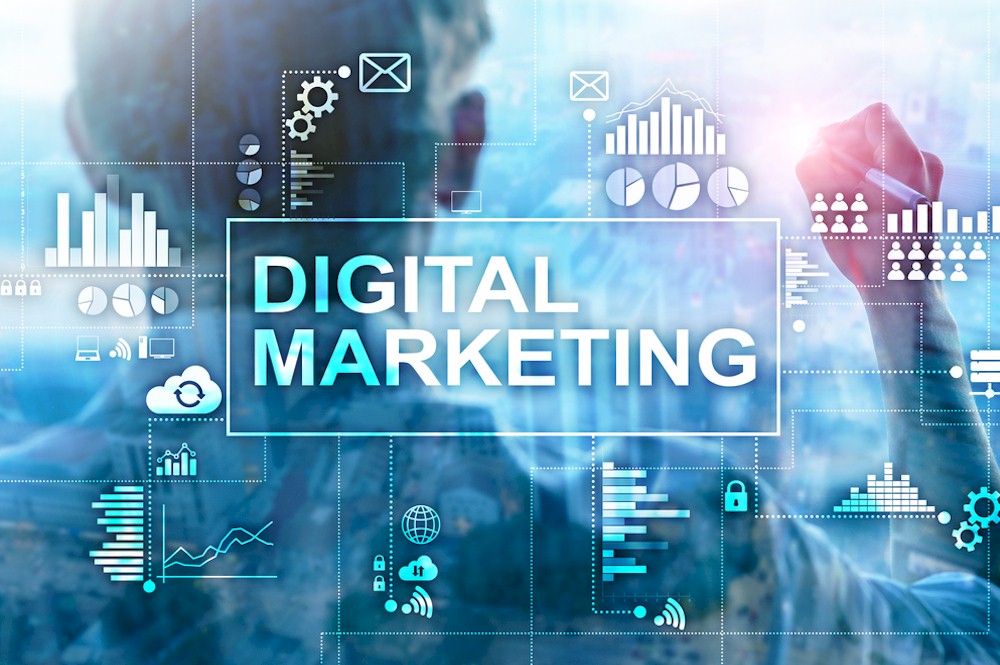
It is impossible for any hotel to develop an effective sales and marketing plan that doesn't include a wide-ranging digital strategy. Online platforms have impacted virtually every aspect of their business, due to major changes in how Internet users research, plan, and book their hotel visits. As a result, a successful plan includes generating traffic through the use of a hotel website, social media, email and a myriad of other digital marketing technologies. One such strategy uses data collection and automation technology to create personalized content to individual customers. The goal of personalization marketing is to engage potential customers by communicating with them as individuals - to establish a more personal relationship - as a way of encouraging them to visit a property. Video marketing is also extremely important. Showing someone authentic video from a specific location is immersive and engaging, and video is still the preferred way for customers to interact with a hotel brand. Voice and Visual Search are increasingly in demand, as consumers are moving away from typing queries into a search engine. Instead, they can simply speak their request into their phone, and find and book a hotel without ever typing a word. Similarly, other platforms allow consumers to search visually for almost any image, and find out pricing information, shopping comparisons and how-to-buy - all from the app. The adoption of Artificial Intelligence is also becoming popular. The ability of chatbots to answer simple questions or fulfill requests 24/7 is undeniably appealing. In addition, A.I. seems best positioned to qualify leads that can be later nurtured and closed by a human sales expert - all at a fraction of the cost of a traditional support team. The June Hotel Business Review will examine how some sales and marketing professionals are integrating these innovative technologies into their operations.
























